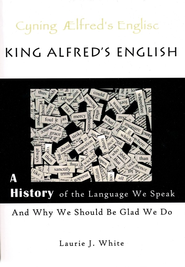You learn important skills in essay writing that you can apply to other forms of writing, but are essays always the best way to communicate ideas to others?
When Oliver Wendell Holmes Sr. wanted to save a piece of American history in 1830, what did he do?
Did he write his senator? Take out an ad in the local papers? Write a letter to the editor? Make protest signs?
Although all of those things are legitimate ways of communicating with people, he did none of them yet still succeeded in saving the USS Constitution, an old warship that had fought in the important War of 1812.
How did he do it?
Read More



















